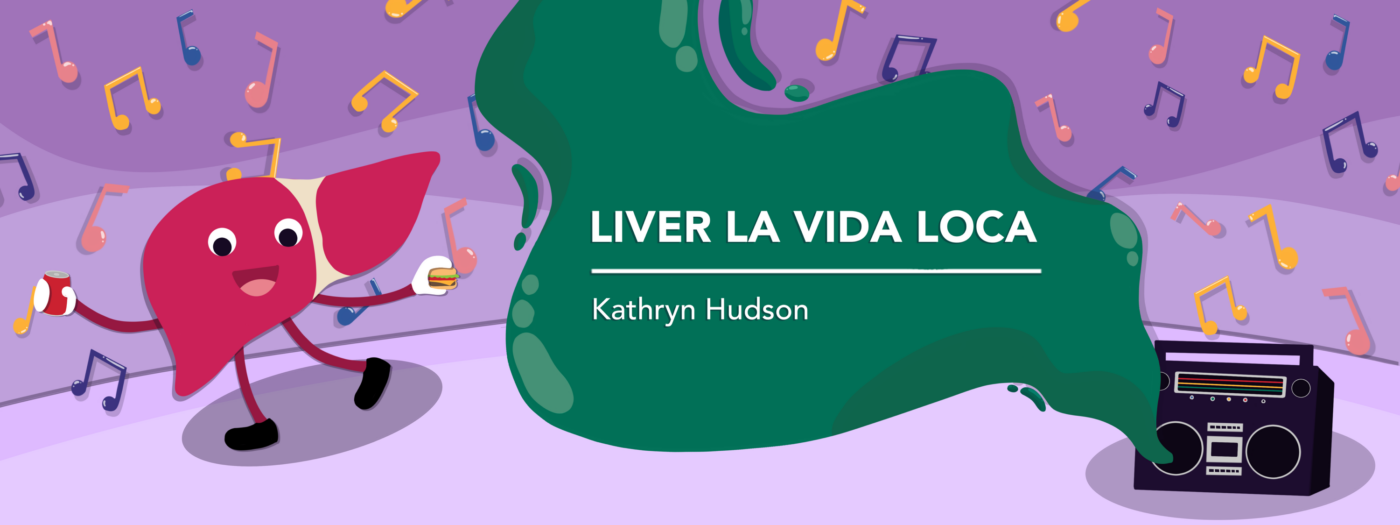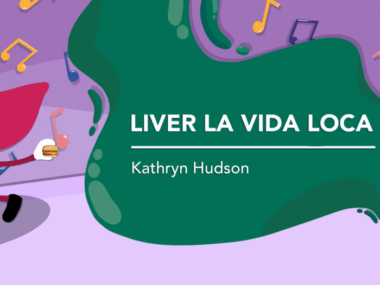The benefits of having a pet while living with liver disease
How my cats make life with MASH livable
Written by |

In my nearly century-old house, most of my floors are hardwood or tile. In 1929, brooms did the trick, but my two cats, though short-haired, leave tufts of fur everywhere. So I bought a vacuum a few months ago, and the first time I used it, I quickly picked up enough cat fur to build a third cat — should I ever need one. The two I have are usually enough. In fact, they’ve become an unexpected source of healing outside of a medical clinic.
Living with a chronic disease can be overwhelming. Finding out you have metabolic dysfunction-associated steatohepatitis (MASH), as I have, can feel like the world has suddenly become a carousel spinning faster than you can handle. Mental and physical fatigue are common. Self-care sounds nice, but who has the time?
Adopting any pet is a significant commitment, but I’ve found it’s worth it. I adopted one of my cats, Bruce Lee, after fostering him and his two brothers during a particularly challenging period when I dealt with anemia, one of my recurring issues that MASH intensifies. Nobody in their right mind would have taken on three kittens at that time, but I did — and I’ve never regretted it. Bruce stayed with me after the other two were adopted.
Two years ago, I fell down the stairs, breaking my femur in three places, leading to an emergency partial hip replacement. Recovery was complicated by sepsis, landing me back in the hospital for an additional three weeks. It was crazy, as I already had Bruce, to then take in a young mother cat and her two fuzzy kittens found in my backyard shed. But again, I did.
Returning home, I just wanted to rest. Bruce stayed temporarily with a friend. But when a backyard worker discovered the feline family, I hurried outside with my walker to see them and instantly fell in love. After weeks of coaxing, the trio moved inside. Caring for them provided joyful distraction from my health issues, with daily routines of play, feeding, and cuddling. Eventually, I gave the kittens to a woman who wanted a bonded pair, and I kept their young mother, Ruth Bader-Ginspurrg.
Bruce returned home soon after, and two years later, he and Ruth alternate between playful squabbles and cozy companionship. The stress relief from stroking their silky fur as they purr is profoundly calming. “That’s how they suck you in,” my dad used to say. He was right.
Do pets help my liver? Possibly. I’d gladly volunteer for any studies exploring the connection. From experience, Bruce and Ruth seem intuitively aware when I’m unwell or depressed, comforting me with gentle paw taps. Playing with them often melts away my stress, diverting worries about upcoming medical procedures or hospital stays.
A diversion from your health struggles is precisely what you need sometimes, since stress relief is vital to managing chronic illness.
Pets offer numerous health benefits, but they do increase your monthly budget. If you’re low-income, many animal shelters provide pet food banks and free or low-cost veterinarian care, ensuring you can care for your pet without financial strain. It’s worth researching available resources to help you welcome the furriest new member of your healthcare team.
Just the thought of my cats in lab coats with “Dr.” in front of their names makes me laugh. They don’t need a degree to help me heal because their mere existence in my life has powered my drive to keep going and keep fighting this awful disease.
Note: Liver Disease News is strictly a news and information website about the disease. It does not provide medical advice, diagnosis, or treatment. This content is not intended to be a substitute for professional medical advice, diagnosis, or treatment. Always seek the advice of your physician or other qualified health provider with any questions you may have regarding a medical condition. Never disregard professional medical advice or delay in seeking it because of something you have read on this website. The opinions expressed in this column are not those of Liver Disease News or its parent company, Bionews, and are intended to spark discussion about issues pertaining to liver disease.



Leave a comment
Fill in the required fields to post. Your email address will not be published.